Tens of thousands of candidates were vying for around 20,000 national, province, and district parliamentary seats in addition to the president in one of the biggest elections in history, which organizers anticipate would be mainly peaceful.
Voters in Indonesia were selecting a new president on Wednesday as the third-largest democracy in the world hopes to emerge as a major force in the global economy 25 years after toppling a cruel dictatorship.
The sole contender with connections to the Suharto era is the front-runner, Defense Minister Prabowo Subianto. He was a commander of special forces at the time and is strongly denying accusations of violating human rights.
Anies Baswedan and Ganjar Pranowo, two former province governors, are also running to replace President Joko Widodo, who is in the last of his two terms in government and is incredibly popular. With so many authoritarian governments in the area, Widodo's ascent from a riverbank slum to the president has demonstrated the resilience of Indonesian democracy.
The economy under Widodo's successor will see remarkable development and huge infrastructure projects, such as the continuing relocation of the capital of the country from crowded Jakarta to the border island of Borneo, which will come at a startling cost of more than $30 billion.
Because Indonesia has a sizable domestic market, natural resources like nickel and palm oil, and diplomatic clout with its neighbors in Southeast Asia, the election also has significant ramifications for China and the United States.
On the 270 million-person tropical nation's 17,000 islands, polls began at 7 a.m. in each of the three time zones. The voting process involved complicated logistics: in some of the more remote sites, ballot boxes and ballots had to be brought by foot, motorbikes, horses, and boats.
At first light on Wednesday, a strong thunderstorm inundated many streets in Jakarta. The poll in ten villages in Central Java's Demak regency was postponed last week due to damage caused by severe rains.
Tens of thousands of candidates were vying for around 20,000 national, province, and district parliamentary seats in addition to the president in one of the biggest elections in history, which organizers anticipate would be mainly peaceful. The 580 seats in the national parliament were being eyed by over 10,000 candidates from 18 major groups.
Although the official tallying of votes is a tedious procedure that may last many weeks, preliminary findings derived from a sample of registered private polling and survey organizations are deemed a trustworthy predictor of the official results.
Despite losing to Widodo in his two prior attempts, 72-year-old Subianto is currently the front-runner according to independent polls. He chose Gibran Rakabuming Raka, the eldest son of Widodo, to be his vice presidential running mate in an attempt to improve his chances due to the popularity of the departing president.
The minimum age limit of 40 was waived by the Constitutional Court, allowing 36-year-old Raka to run for office. Widodo was accused of nepotism and favoritism, and the court was thereafter led by his brother-in-law, who was dismissed by an ethics body for failing to recuse himself.
Despite being the first president to come from outside the political and military elite since Suharto's autocratic rule ended in 1998—a period marked by massive human rights violations, looting, and political unrest—detractors have accused Widodo of attempting to establish a political dynasty.
Subianto was a longstanding leader in the army special forces known as Kopassus. He was a former lieutenant general and the husband of one of Suharto's daughters. After Suharto's political opponents were abducted and subjected to torture by Kopassus soldiers in 1998, he was dishonorably dismissed.
Thirteen of the at least 22 activists who were abducted that year are still missing, and their families stage weekly protests outside the presidential residence to call for their release.
Even though some of his men were prosecuted and found guilty, Subianto was never put on trial and adamantly denied any participation.
Subianto and his strategists employed artificial intelligence (AI) and social media sites like TikTok to soften his image throughout the campaign, which ended last Saturday, by depicting him as a loving grandfather to his younger running partner. After being turned down by human rights advocates, he performed a dance on the campaign platform and pledged to create around 20 million jobs during his first term if elected.
Up until last year, Baswedan, the former dean of an Islamic university, held the position of governor of Jakarta.
Former Fulbright scholar Baswedan served as cabinet minister for education and culture from 2014 to 2016, when Widodo replaced him for allegedly neglecting to address issues faced by thousands of pupils impacted by forest fires.
Baswedan opposes Widodo's proposal to relocate the capital of Indonesia from Jakarta to Nusantara on the island of Borneo, which calls for removing lush tropical rainforests in order to erect government buildings and residential enclaves.
He said that Subianto's selection of the president's son as running partner puts Indonesian democracy at jeopardy in an interview with The Associated Press published last month.
"This indicates a decrease in confidence, a deterioration in the quality of our democracy, and a breach of numerous legal regulations," he stated.
Widodo does not endorse Pranowo, the candidate of the ruling party. Before being chosen in 2013 for the first of two terms as governor of the heavily voting Central Java area, he served as a national legislator for the ruling Indonesian Democratic Party of Struggle for ten years.
When Pranowo was governor, he forbade Israel from competing in the FIFA Under-20 World Cup, which was to be hosted in his province. Widodo and Indonesian soccer supporters were incensed when FIFA later withdrew Indonesia from hosting the tournament.
The largest Muslim-majority country in the world, Indonesia, and Israel do not have diplomatic relations.
Indonesia had a period of exceptional development under Widodo, averaging 5% year, except 2020, when the coronavirus epidemic caused the economy to decline.
In precisely one hundred years after gaining independence from Dutch invaders, Indonesia is predicted to rank among the top five countries in the world with a GDP of up to $9 trillion according to his economic blueprint, "Golden Indonesia 2045."
End//voice7news.tv



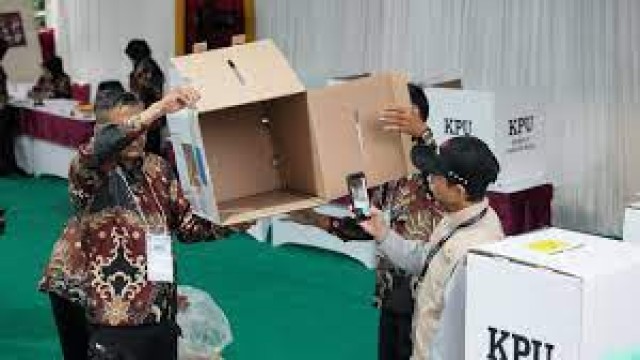
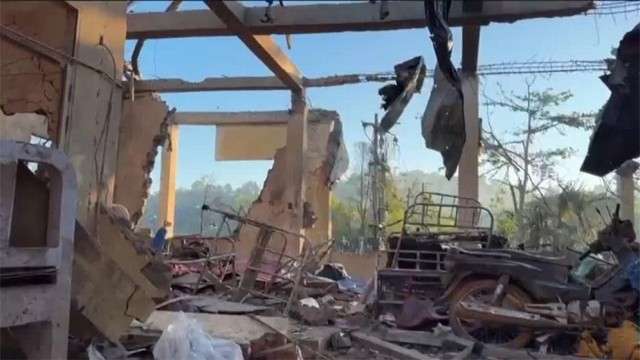
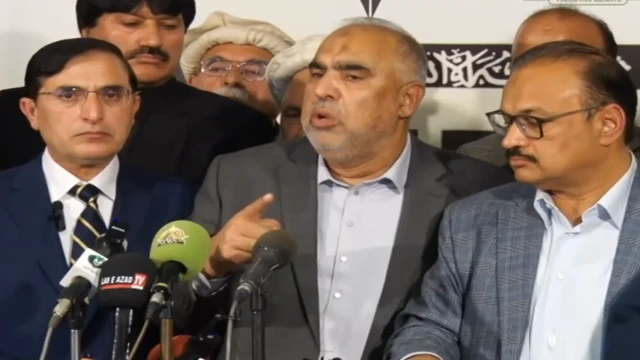
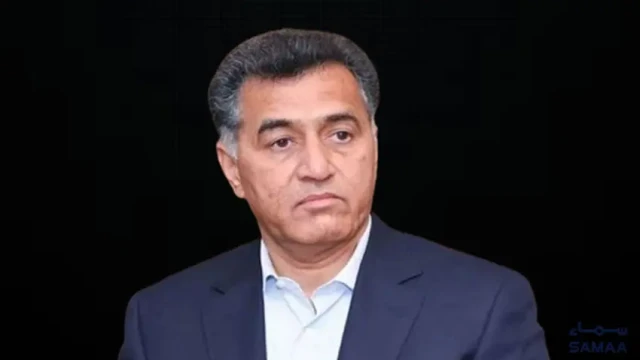
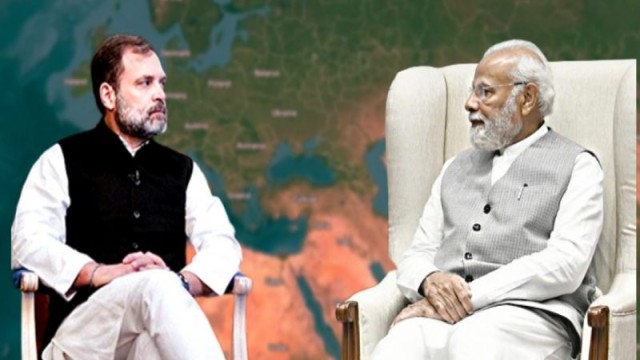
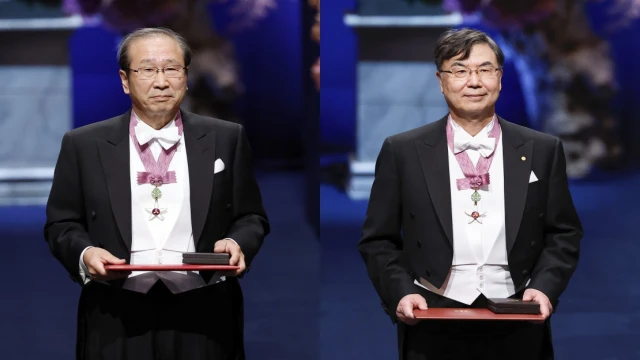

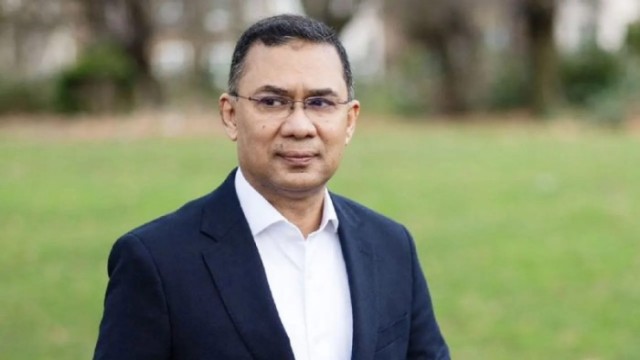
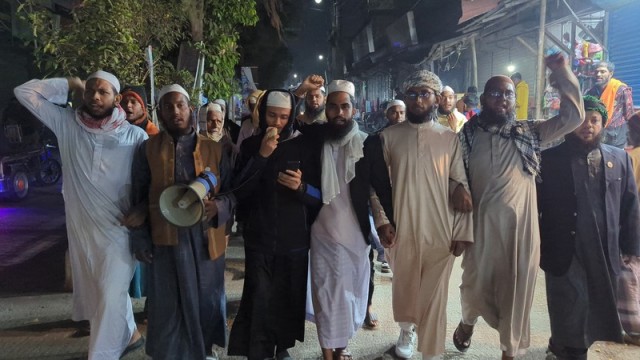
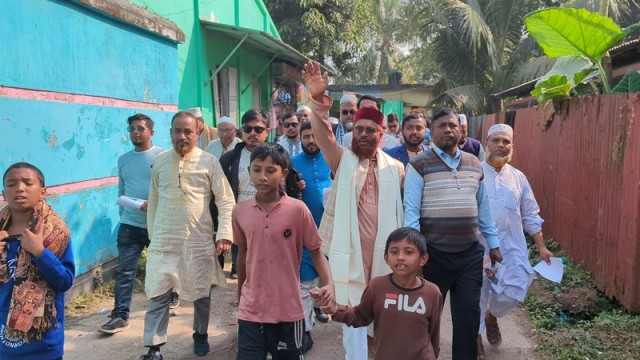

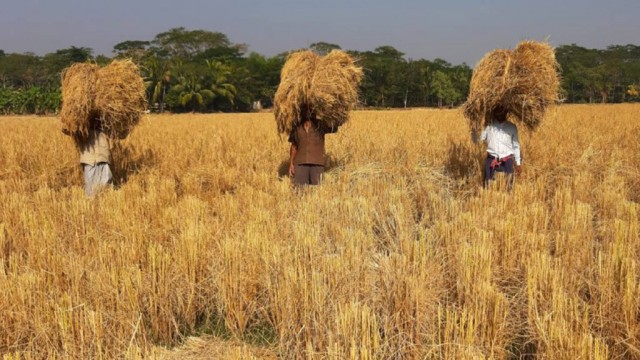
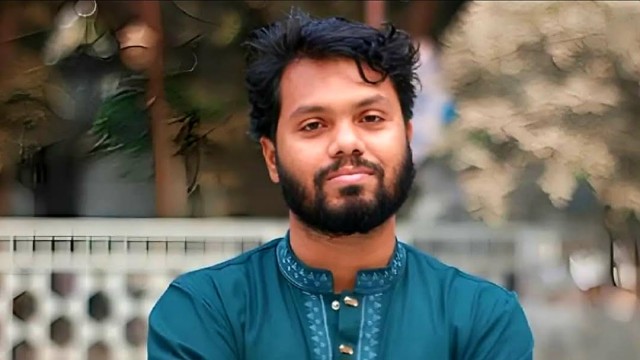
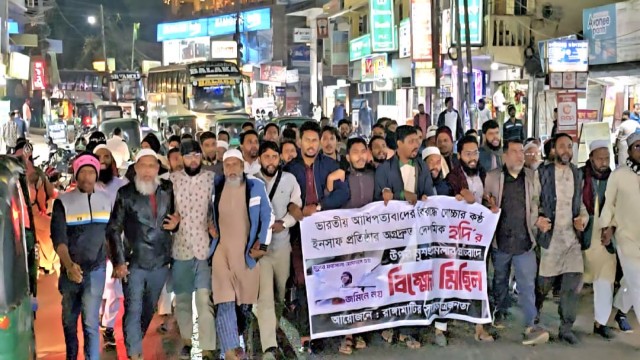
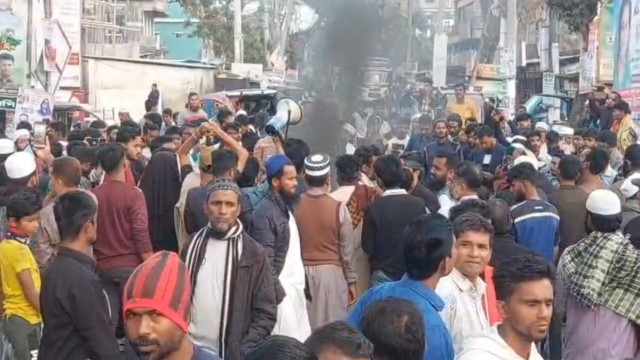
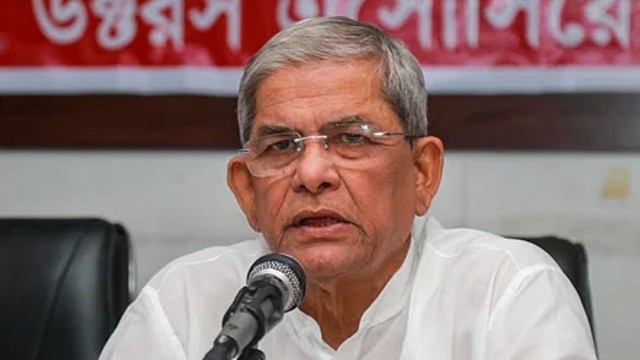
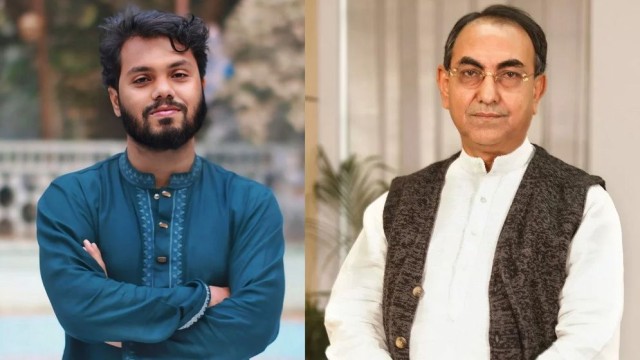

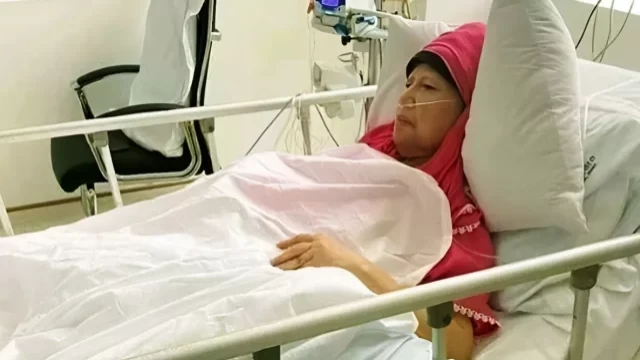
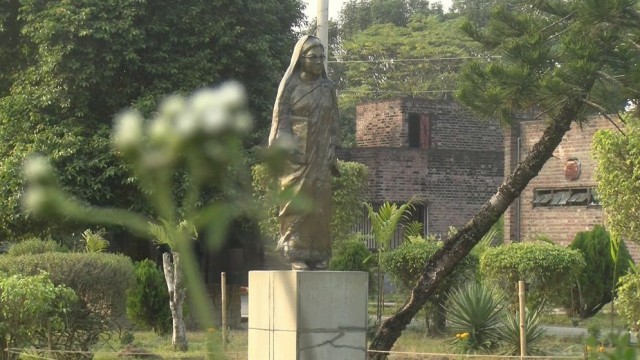
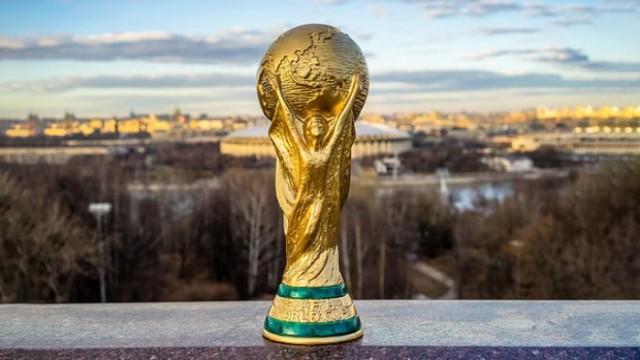



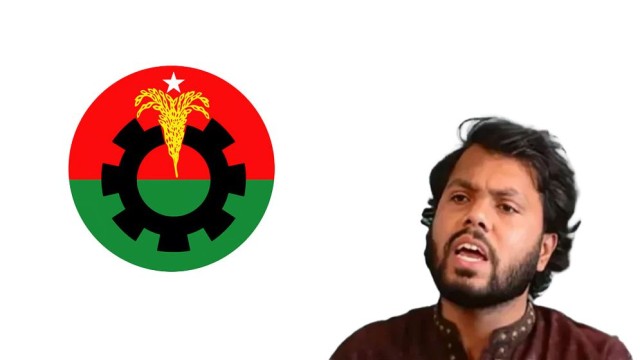
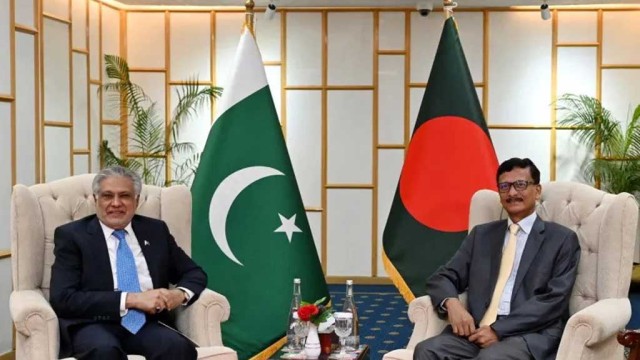
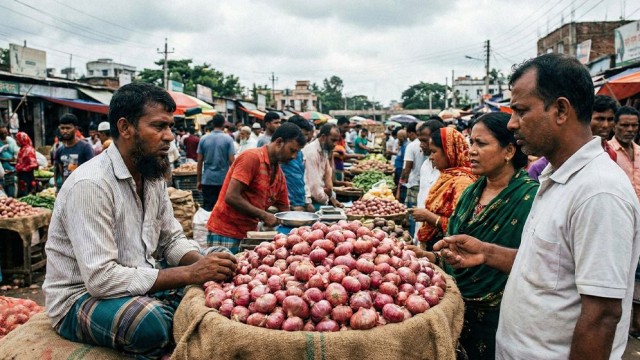
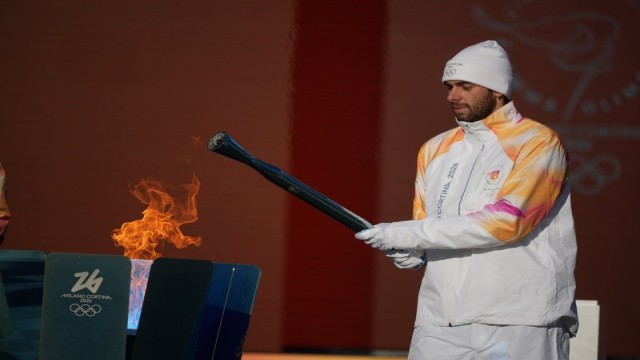
Comment: